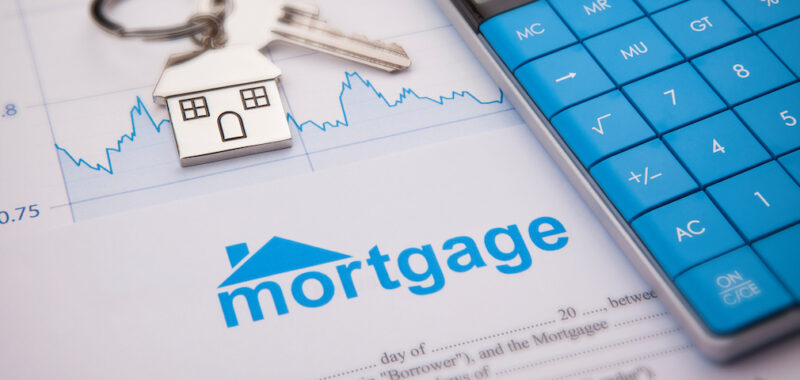Mortgage applications are now at their highest level in more than two years after an 11% jump during the week ending Sept. 20, according to the newest weekly applications survey from the Mortgage Bankers Association (MBA).
The 11% increase in the MBA’s overall applications index — boosting the index to its highest point since July 2022 — was fueled primarily by refinances, which rose 20% from the prior week and are now 175% higher compared to the same week in 2023. Purchase loan applications saw more modest increases of 0.4% week over week and 2% year over year.
Mortgage rate declines appear to be having a positive impact on borrower demand as MBA data showed that the 30-year fixed rate declined for an eighth straight week, reaching 6.13%. And the rate for Federal Housing Administration (FHA) loans dropped to 5.99%, “breaking the psychologically important 6% level,“ according Joel Kan, the MBA’s vice president and deputy chief economist.
“As a result of lower rates, week-over-week gains for both conventional and government refinance applications increased sharply,“ Kan said in a statement. “The refinance share of applications is now at 55.7%, and while the level of refinance activity is still modest compared to prior refi waves, they now account for the majority of applications, given the seasonal slowdown in purchase activity.”
Rising home prices are reflected in larger loan sizes. The MBA reported that the average loan size across all purchase and refi applications grew to $413,100, the highest figure in the history of the MBA’s dataset.
The FHA share of all applications fell to 15%, down 20 basis points (bps) from the prior week. Demand for U.S. Department of Veterans Affairs (VA) loans grew significantly, rising by 250 bps to a share of 18.3%. Adjustable-rate mortgages (ARMs) accounted for 5.9% of all applications, the same as the previous week.
The average contract interest rate for 30-year fixed-rate mortgages with conforming loan balances of $766,550 or less dropped by 2 bps to 6.13%. Lender points, including the origination fee, rose to an average of 0.57 on mortgages with 80% loan-to-value ratios.
Average rates for 30-year fixed jumbo loans with balances above $766,550 grew from 6.41% to 6.47% during the week, although points dropped to an average of 0.5. Rates for 15-year fixed loans rose to 5.47%, while rates for 5/1 ARMs rose to 5.76%.
The MBA’s survey includes more than 75% of all U.S. retail residential mortgage applications through commercial banks, independent mortgage banks and thrifts. Its index is benchmarked at 100 in March 1990.

